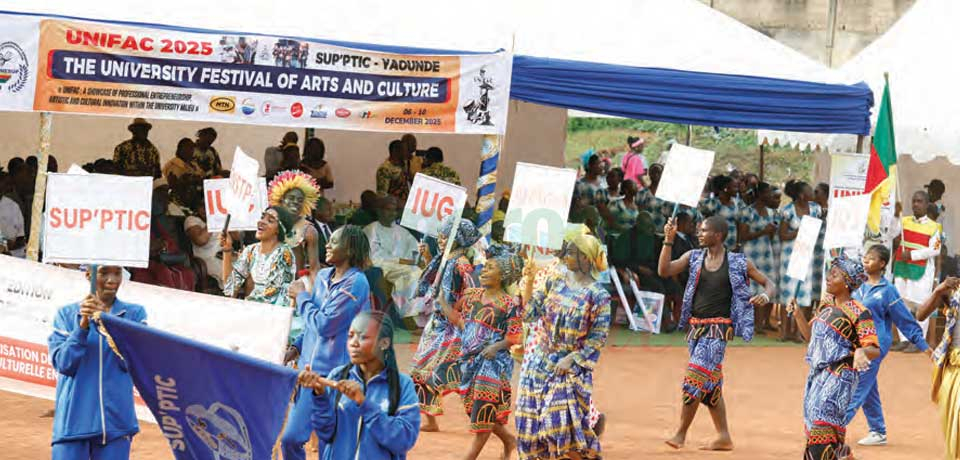“Maija”: Caught In His Own Trap
- Par Brenda YUFEH
- 13 Apr 2021 16:51
- 0 Likes

The film, directed by Nkanya Nkwai highlights some of those barbaric traditional cultures in the society.
“A people with no knowledge of their past is likely to repeat mistakes of the past,” says Karl Safindah, writer and one of the producers of the film “Maija”. The Cameroonian film, “Maija” produced in October 2020 delves into some of the intricacies of the culture of the Bakweri people in the South West Region. It examines the link the Bakweri people have drawn over time between menstruation and Albinism. It brings to light, through one of the characters, Namondo and her Albino friend, Ngwa, the cruel and unfair treatment albinos have been subjected to as per tradition handed down from one generation to the next.
Shot in the village of Vasingi and Bova around the foot of Mount Fako in Buea, the film locates Ngwa in an environment in which he is by tradition a “Taboo” and treated with unkindness. He ends up finding a friend in Namondo, a teenage girl who anxiously awaits her first “Moon”. Namondo’s father, a custodian of tradition is particularly disappointed at his daughter’s association with Ngwa the “Taboo”. As such, he does everything to make sure Ngwa and his mother know they are not welcomed in the community. In a twisted turn of events, his daughter Namondo falls prey to “tradition” as her long awaited menstrual cycle (her first Moon) starts in public, something which by tradition is a taboo, and punishable by death. What will her father do? What will you do in his shoes? Will you stand for “tradition” no matter how repulsive, mundane and unfair it is, when it comes knocking at your door? That is the debate Karl Safindah says Maija...
Cet article complet est réservé aux abonnés
Déjà abonné ? Identifiez-vous >
Accédez en illimité à Cameroon Tribune Digital à partir de 26250 FCFA
Je M'abonne1 minute suffit pour vous abonner à Cameroon Tribune Digital !
- Votre numéro spécial cameroon-tribune en version numérique
- Des encarts
- Des appels d'offres exclusives
- D'avant-première (accès 24h avant la publication)
- Des éditions consultables sur tous supports (smartphone, tablettes, PC)














Commentaires